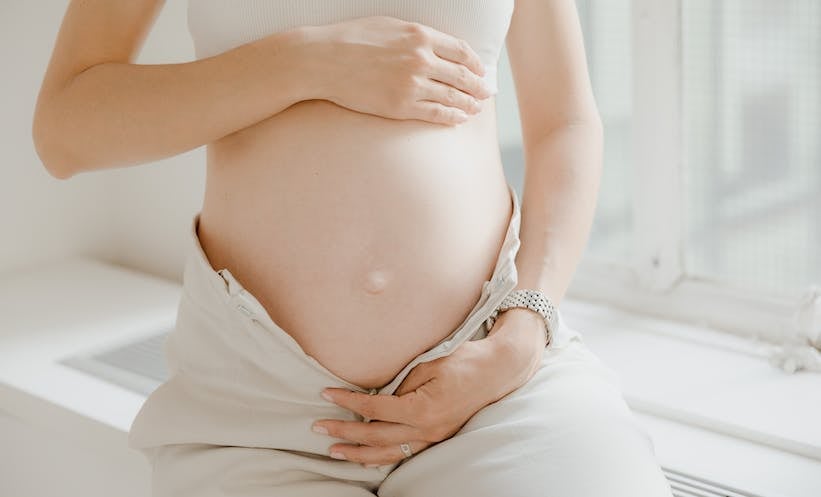VACCINATION in mothers who had COVID-19 during pregnancy may lead to reduced risk of respiratory distress (RD) in infants, a recent study has found. The cohort study, carried out in the USA, showed that although none of the babies born had COVID-19 themselves, there was a significant association between RD and whether infants had been born to unvaccinated mothers.
Olivia Man, David Geffen School of Medicine, University of California, Los Angeles, USA, and team conducted their research using mother–infant pairs, including 221 mothers that had been diagnosed with SARS-CoV-2 during their pregnancy, and 227 foetuses that had been exposed to the virus. Of the group of mothers, 68% were unvaccinated prior to infection, and 16% of these individuals experienced severe or critical COVID-19 symptoms. Comparatively, only 4% of the vaccinated group experienced severe or critical COVID-19.
Results demonstrated that the odds of developing RD were significantly higher amongst infants born to unvaccinated mothers (odds ratio [OR]: 3.06; 95% confidence interval [CI]: 1.08–10.21), compared to COVID-exposed infants born to vaccinated mothers. Man and colleagues reported that the odds of infants experiencing RD decreased by 67% when their mothers had received at least one mRNA vaccine dose prior to having COVID-19. Additionally, 21% of infants with RD were born to mothers with severe or critical COVID-19, whereas only 6% of infants with RD were born to mothers without severe or critical COVID-19.
The team also found that roughly 56% of infants with RD were either late-preterm or term deliveries, and 44% were preterm. However, whether or not the infants experienced RD could not be explained by prematurity alone, although preterm infants with RD did show significantly heightened inflammatory responses (OR: 10.87; P=0.0036), cellular responses (OR: 31.88; P=0.0002), and chemotactic responses (OR: 109.7; P=0.0108), compared to healthy infants. Furthermore, there was no association between RD in infants and the trimester in which mothers had COVID-19.
Although the sample size in this study was small, the results provide important data with regard to the effects of COVID-19 on exposed infants. The team concluded that “pregnant persons should be encouraged to receive mRNA COVID-19 vaccines, regardless of history of prior COVID-19 infection.” In future, more research should be conducted in order to understand the impact of maternal COVID-19 vaccination on long-term infant health and development. x








